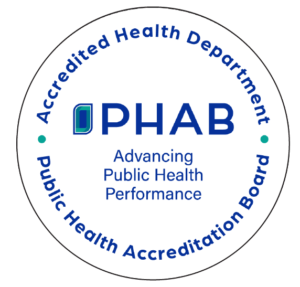What is Botulism?
Botulism is a serious illness caused by a toxin (poison) produced by Clostridium botulinum bacteria.
Why has botulism become a current issue?
Botulism occurs occasionally around the world and is considered to be a potential agent for use in biological warfare.
How do you get it?
There are three main kinds of botulism: 1) Foodborne botulism happens when a person eats contaminated food. Foodborne botulism is always an emergency because the contaminated food may still be available to others; 2) Wound botulism happens when wounds are infected with Clostridium botulinum bacteria and 3) Infant botulism occurs in a small number of infants who have Clostridium botulinum bacteria in their intestinal tract. Botulism is not spread from one person to another.
What are the symptoms of foodborne botulism?
- Blurred vision, double vision, dizziness, drooping eyelids, slurred speech, difficulty swallowing, dry mouth, muscle weakness that starts from the shoulders and then goes down to the lower body. If the person’s breathing muscles are affected, the person will need a mechanical ventilator, or they will die.
- Symptoms start within 6 hours to 2 weeks (most commonly between 12 to 36 hours).
What are the symptoms with infants?
Infants appear tired, feed poorly, are constipated, have a weak cry and have poor muscle tone.
Can botulism be prevented?
In some cases, yes. Foodborne botulism often comes from home canned food, like green beans, jams, etc. Please follow correct canning procedures for cooking, temperatures and refrigeration. Wound botulism can be prevented by promptly seeking medical care for infected wounds.
How is botulism diagnosed?
Botulism is diagnosed by laboratory tests that can detect the toxin.
What happens if I get botulism?
Supportive care and hospitalization may be necessary. An antitoxin is used to neutralize (cancel) the poison.
Does special cleaning need to be done with clothing, etc.?
No. There is nothing special to do in the home. Surfaces should be cleaned with soap and water. Regular practices like hand washing should be followed.
Learn more:
https://www.cdc.gov/botulism/about/
https://www.cdc.gov/botulism/prevention/
https://www.cdc.gov/botulism/prevention/home-canned-foods.html

